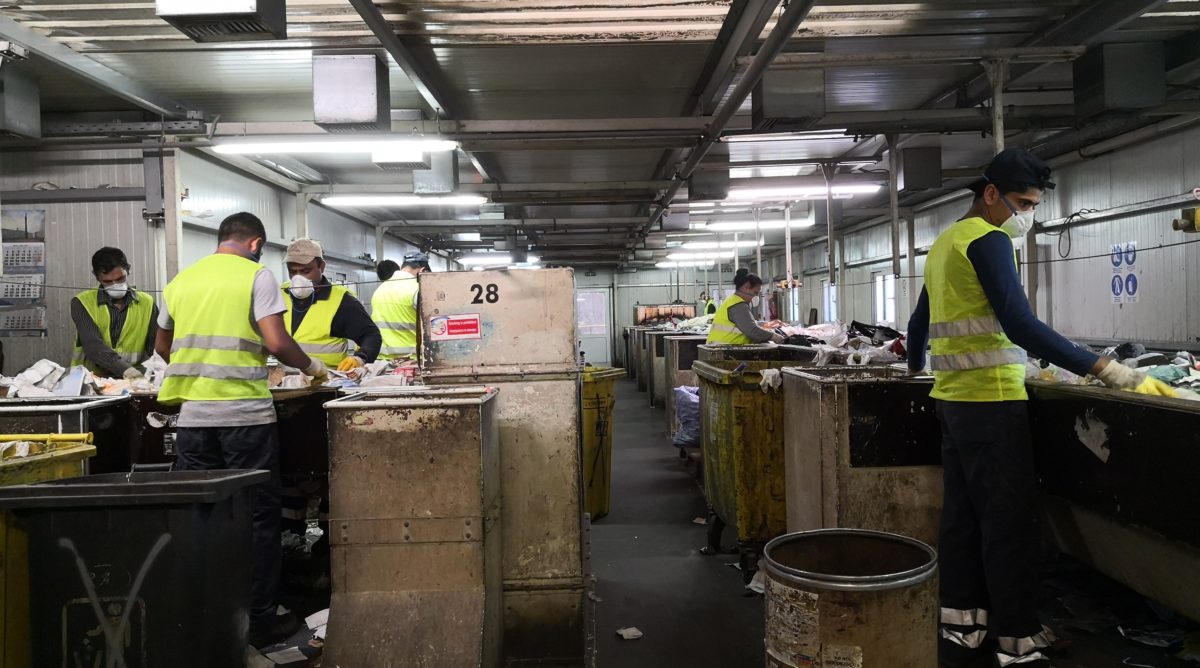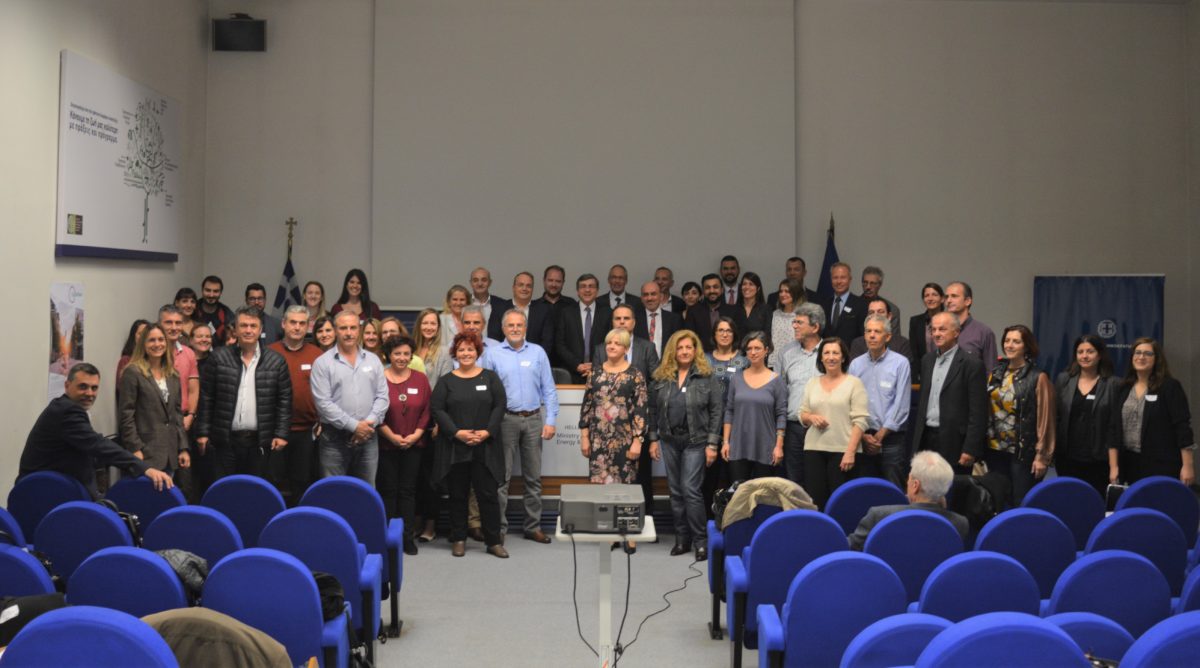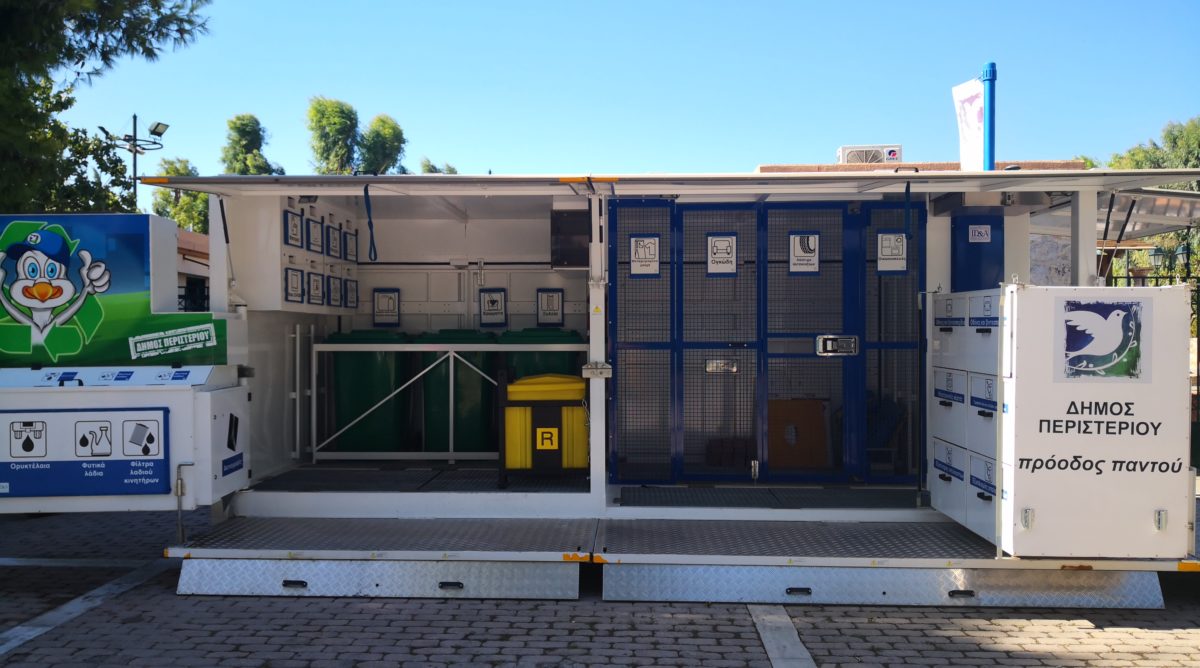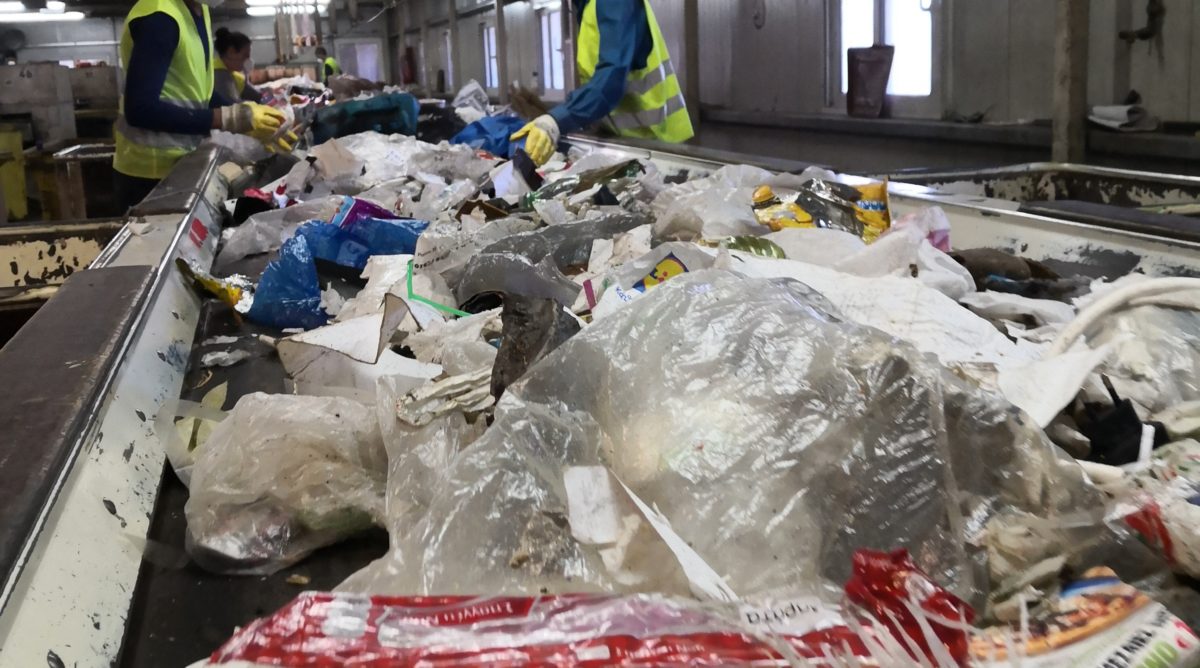Project details
Separate Collection of Municipal Waste
A systematic separate collection of different waste streams within the municipal waste in Greece has not been implemented yet. This area of intervention focused on the preparation of a comprehensive guide and road map providing suitable options for separate municipal waste collection for the Greek context. Results were presented in a workshop organized by GIZ and BFS in November 2019. The recommendation by the experts would significantly affect the possibilities for the subsequent treatment and recovery of the different waste streams and contributes to the comparatively low recycling rates and high GHG emissions of the Greek waste sector.
Improvement of Cost Accounting in MSWM
Currently, in Greece cost accounting methods in waste management applied by municipalities, are neither well-structured nor complete, keeping thus the potential for cost optimization and improvement of services highly restrained. As a result, the associated fees charged to the citizens do not strictly represent/reflect the actual MSW management costs. This area of intervention focused on the provision of guidance to municipalities in Greece regarding full-cost accounting. To be more precise, it aims to enhance the applied methodologies of coat accounting in municipal waste management, through the development of a model guideline.
Use of Economic Instruments for WM
Economic instruments can provide incentives for the prevention or the improved recovery of waste. Until now, such instruments for efficient management of waste are used in Greece only to a limited extent. In this area of intervention, six economic instruments were primarily assessed, namely waste charges, landfill and incineration taxes, producer responsibility schemes, pay-as-you-throw (PAYT) systems, and taxation on single-use plastic products and beverages.
Separate Collection and Treatment of Bio-waste
A systematic separate collection of bio-waste within the municipal waste in Greece has not been implemented yet. The largest part of this waste is currently not recovered but disposed of in landfills, resulting in significant methane emissions from these landfills. This area of intervention focused on the effective planning and implementation of municipal bio-waste management at a pilot scale, using the example of 6 selected West Attica municipalities.






